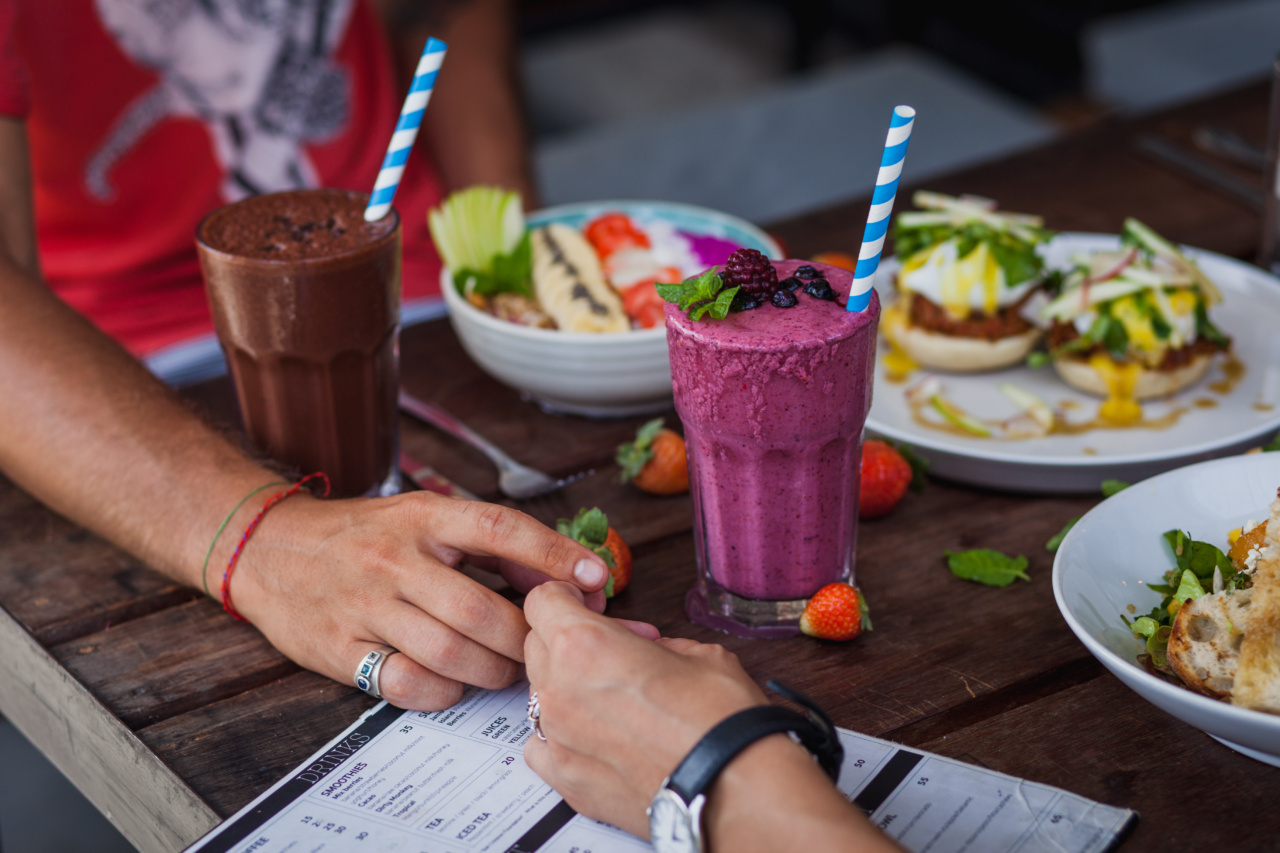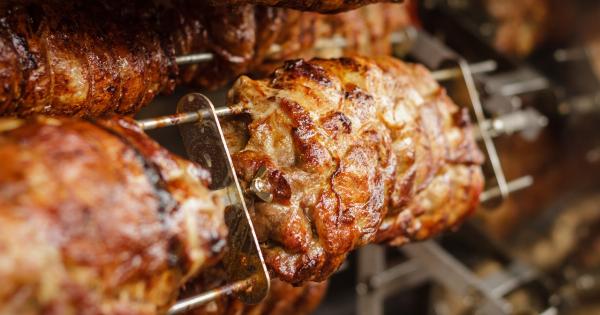Going on holiday is often seen as a time to relax, unwind, and rejuvenate ourselves. It is a break from the daily routine and a chance to explore new places, try new activities, and indulge in delicious food.
However, it is not uncommon to find ourselves feeling hungry more often than usual during our vacations. In this article, we will delve into the reasons why we always feel hungry on holiday and explore how our eating patterns and surroundings play a crucial role in this phenomenon.
1. Change in Routine
One of the primary reasons why we tend to feel hungrier on holiday is the significant change in our daily routine.
While on vacation, we often engage in more physical activities, such as sightseeing, hiking, or swimming, which can increase our energy expenditure. As a result, our bodies require more fuel to sustain these activities, leading to increased feelings of hunger.
2. Exploration of New Cuisines
When we travel, we are presented with the opportunity to explore different cuisines and indulge in exotic dishes. Trying out new foods not only satisfies our taste buds but also triggers a psychological response that can make us feel hungrier.
The novelty of the flavors and textures can stimulate our appetite, leading to increased cravings and ultimately more eating.
3. Social and Cultural Factors
Food plays a crucial role in various cultures, and holidays often involve gatherings and celebrations centered around meals.
Being in a new or different cultural setting can enhance our desire to partake in local delicacies and engage in communal eating experiences. The social aspect of sharing and enjoying meals together can influence our hunger cues and lead to overeating.
4. Mindless Eating and Relaxation
Holidays are often synonymous with relaxation, which can inadvertently lead to mindless eating. Without the distractions and stress of daily life, we may find ourselves constantly snacking or reaching for food out of boredom or habit.
This mindless eating can contribute to increased feelings of hunger throughout the day.
5. Availability of Food
When we are on holiday, food is usually readily available and accessible.
Whether it is the all-inclusive buffet in a resort or the numerous food outlets in a city, the abundance of food options combined with the desire to make the most of our vacation can lead to excessive consumption. The constant presence of food can make it challenging to resist temptations and can leave us feeling hungry more often.
6. Emotional Eating
Holidays can be emotionally charged, triggering a range of emotions such as excitement, happiness, nostalgia, or even stress. For many individuals, food serves as a source of comfort and a way to cope with these emotions.
Emotional eating can lead to increased snacking and overeating, causing us to feel hungrier throughout our holiday.
7. Limited Self-control
When we are away from our regular environment and routines, our self-control may become more limited.
We may feel that we deserve to indulge in all the culinary delights that a destination has to offer, leading to a disregard for portion sizes and nutritional considerations. This lack of self-control can result in overeating and constant feelings of hunger.
8. Influence of Surroundings
The surroundings and ambiance of a holiday destination can significantly impact our eating habits. Beautiful scenery, enticing aromas, and vibrant food markets can increase our desire to eat and explore the local cuisine.
Additionally, being surrounded by others who are constantly eating can normalize excessive consumption and make us feel hungrier in comparison.
9. Disrupted Sleep patterns
Traveling to different time zones can disrupt our sleep patterns, leading to changes in hunger hormones such as ghrelin and leptin. Ghrelin is responsible for increasing appetite, while leptin suppresses it.
Disrupted sleep can affect the balance of these hormones, making us feel hungrier than usual.
10. Indulgence and Treat Mentality
Holidays are often associated with indulgence and treating ourselves to delicious food and drinks.
We may purposefully adopt a “treat mentality” during our vacations, giving ourselves permission to indulge in foods we would typically restrict. This mentality can contribute to the constant feeling of hunger as we prioritize enjoyment and indulgence over satiety.
Conclusion
Feeling hungry on holiday is a common phenomenon influenced by various factors such as changes in routine, exploration of new cuisines, social and cultural influences, mindless eating, availability of food, emotional eating, limited self-control, surroundings, disrupted sleep patterns, and indulgence mentality. Awareness of these factors can help us make mindful choices, strike a balance, and enjoy our holidays without constantly feeling hungry.
Remember to listen to your body’s hunger and fullness cues, engage in physical activities, and savor the culinary experiences while keeping moderation in mind.

























